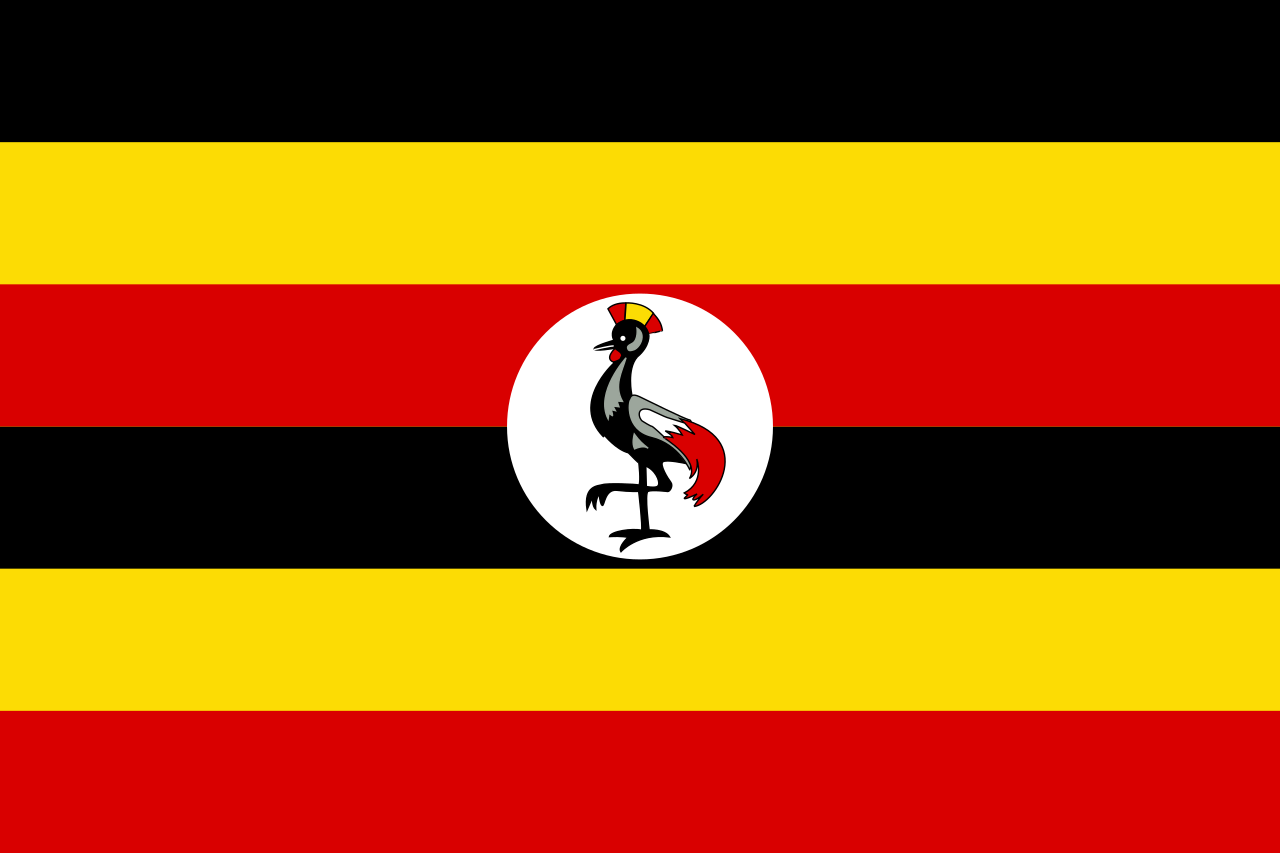Cabinet has given a green light to the introduction of the National Teacher Bill, which among other things, seeks to usher in a new era of professionalism among teachers at all levels.
Dr Chris Baryomunsi, minister for Information Communication Technology and National Guidance, confirmed that the bill was presented by the ministry of Education and received approval with only a few minor comments. Baryomunsi added that the minor concerns raised will be addressed by the ministry of Education and the parliamentary council before the bill is tabled before parliament.
If passed into law, the bill will usher in a multitude of transformative changes in the teaching profession. Notably, it will establish the national teacher council, an authoritative body tasked with overseeing and regulating teacher standards and ethics.
The minister added that while professions such as medicine, engineering, and law have regulatory councils overseeing their professional conduct, the teaching profession, which boasts the largest number of professionals, lacks a similar governing body. This is particularly noteworthy given the significance of the teaching profession, spanning from early education to universities.
Information from the ministry of Education shows that the national teacher council will have a multifaceted role, extending beyond its regulatory functions. In addition to overseeing teacher standards and ethics, this governing body will take on the responsibilities of guiding teacher education, fostering continuous professional development, and facilitating career progression for teachers across the country.
The council will also assume the responsibility of registering and licensing teachers while maintaining a comprehensive registry of all teachers within both private and public education institutions. No individual will be permitted to engage in teaching at any educational level without obtaining clearance from this regulatory authority.
Between 2010 and 2013, the ministry of Education, in collaboration with its partners, conducted a comprehensive study on teacher-related issues in Uganda. This study led to the development of a report, which subsequently provided recommendations for improvements in teacher education and management. These recommendations have since been implemented.
For instance, in 2019, the government passed the national teacher policy, initiating a series of changes aimed at elevating the teaching profession. One notable change is the revision of minimum qualifications for teachers, now mandating a bachelor's degree for educators at all levels, including those in nursery schools.
Furthermore, this policy catalyzed the phasing out of several primary teacher colleges (PTCs) and paved the way for the establishment of the Uganda National Institute for Teacher's Education. This institute, set to become a degree-granting institution specializing in teacher education, will assume a role previously held by Kyambogo University and the defunct Institute for Teacher Education Kyambogo. - URN/The Observer






